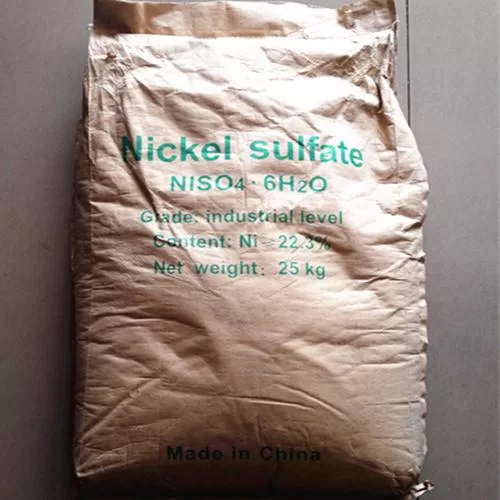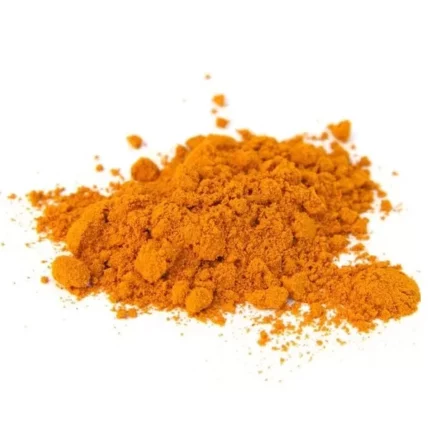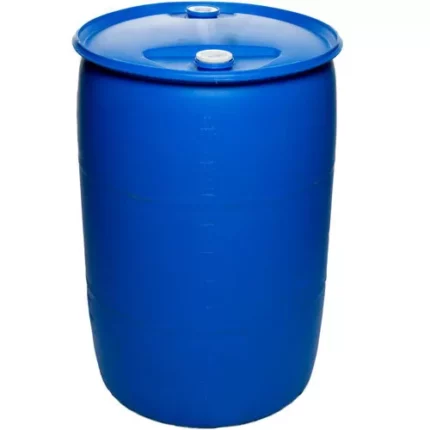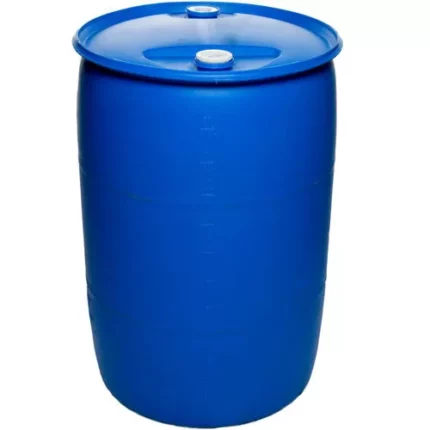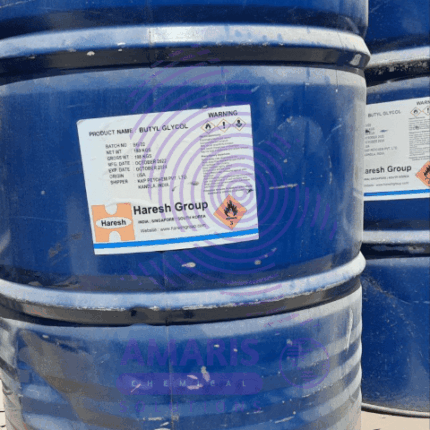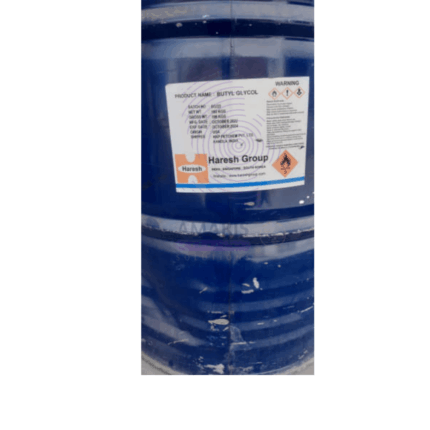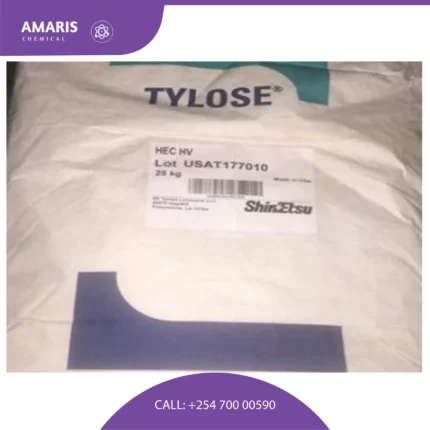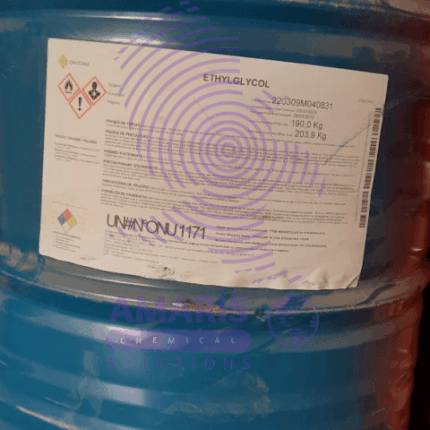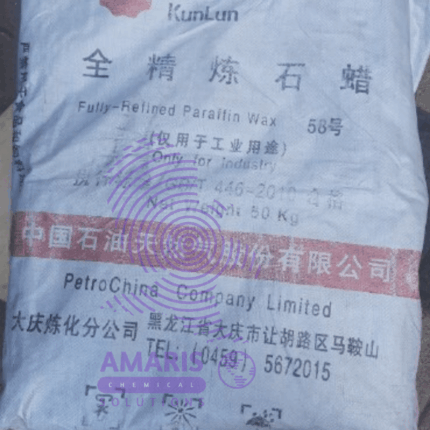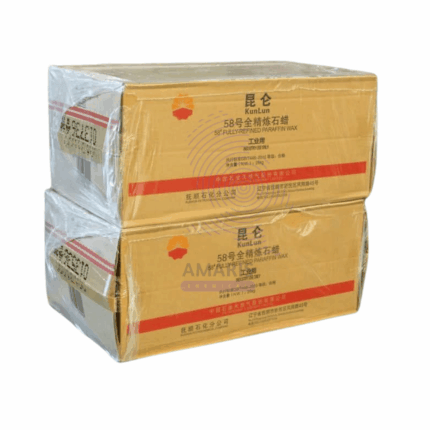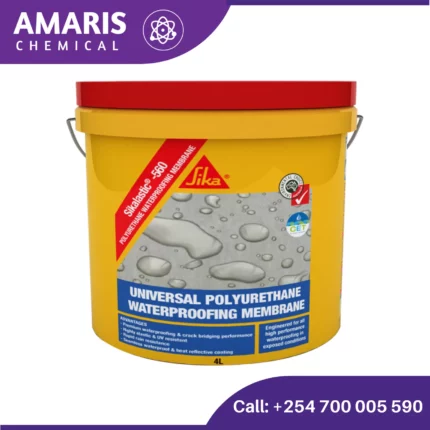Back to products
![Powder Sodium Mono Fluoro Phosphate [Na2PO3F]](https://amarischemicalsolutions.com/wp-content/uploads/2025/05/Powder-Sodium-Mono-Fluoro-Phosphate-amaris-chemical-solutions-jpg-430x430.webp)
![Powder Sodium Mono Fluoro Phosphate [Na2PO3F]](https://amarischemicalsolutions.com/wp-content/uploads/2025/05/Powder-Sodium-Mono-Fluoro-Phosphate-amaris-chemical-solutions-jpg-430x430.webp)
Powder Sodium Mono Fluoro Phosphate [Na2PO3F]
$6,700.00 Original price was: $6,700.00.$6,500.00Current price is: $6,500.00.
Nickel Sulphate [NiSO4(H2O)6]
$6,500.00 Original price was: $6,500.00.$6,400.00Current price is: $6,400.00.
Whatsapp Order
Nickel sulfate, also known as nickel(II) sulfate or just nickel sulfate, is a chemical compound with the formula NiSO₄. It is a crystalline solid that is highly soluble in water. Here are some key points about nickel sulfate:
- Chemical Formula: NiSO₄
- Appearance: Nickel sulfate usually appears as a green or blue crystalline solid, depending on its hydration state.
- Hydrates: It forms several hydrates, the most common being the hexahydrate (NiSO₄·6H₂O), which is blue in color.
- Solubility: It is highly soluble in water, which makes it easy to dissolve in aqueous solutions.
- Applications:
- Electroplating: Nickel sulfate is commonly used in electroplating to apply a layer of nickel onto metals.
- Catalysis: It serves as a catalyst in certain chemical reactions.
- Ink Manufacturing: It is used in the production of ink.
- Battery Manufacturing: Nickel sulfate is used in the production of rechargeable batteries, particularly nickel-cadmium batteries.
- Agriculture: It is sometimes used as a micronutrient in fertilizers for crops.
- Hazards: Nickel sulfate is toxic if ingested or inhaled in large amounts. Prolonged exposure can cause skin allergies or respiratory issues in sensitive individuals.
SKU:
ACS86872CHEM0
Category: OTHERS
Description
Nickel Sulphate
- Electroplating: One of the most significant uses of nickel sulfate is in electroplating. It is commonly used to electroplate nickel onto metal surfaces, providing corrosion resistance, improved wear resistance, and aesthetic appeal. Nickel-plated items include automotive parts, household goods, and industrial machinery components.
- Battery Manufacturing: Nickel sulfate is essential in the production of rechargeable batteries, particularly nickel-cadmium (Ni-Cd) and nickel-metal hydride (Ni-MH) batteries. It serves as a key component in the formulation of battery electrode materials, contributing to the battery’s performance and longevity.
- Catalysis: Nickel sulfate acts as a catalyst in various chemical reactions, particularly in organic synthesis and hydrogenation processes. It facilitates reactions by lowering activation energy, enhancing reaction rates, and improving selectivity in certain chemical transformations.
- Ink Manufacturing: In the printing industry, nickel sulfate is used in the formulation of specialty inks, such as those used in gravure and flexographic printing processes. These inks often require specific chemical properties and adhesion characteristics that nickel sulfate helps achieve.
- Agricultural Applications: Nickel is an essential micronutrient for plant growth. Nickel sulfate is used in agriculture as a fertilizer additive to address nickel deficiencies in soils, particularly in regions where the natural nickel content is insufficient for optimal crop growth. Nickel plays a crucial role in the metabolism of certain plants, contributing to their overall health and productivity.
Related products
Bondex 5299 240 kg
Bondex Polytex 50H 250 kg Drum
Butyl Glycol 185 kg metal drum
Cellozize (Tylose) 25kg bag
Tylose refers to a type of modified cellulose, also known as hydroxyethyl cellulose, that is commonly used as a thickening agent, stabilizer, and emulsifier in a variety of industrial and food applications. It is a white, odorless, and tasteless powder that is soluble in water and forms a clear or slightly turbid solution. Tylose is commonly used in the food industry to improve the texture and consistency of various products such as ice cream, sauces, dressings, and baked goods.
Cobalt Octoate 10% 200kg Drum
Cobalt octoate is a chemical compound that consists of cobalt ions (Co2+) bound to octoate ions (also known as octanoate ions, C8H15O2-). It is often used as a catalyst in various chemical reactions, particularly those involving the curing of unsaturated polyester resins and the polymerization of vinyl chloride. Cobalt octoate can also be used in the production of coatings, adhesives, and inks.
In its pure form, cobalt octoate appears as a dark blue liquid with a characteristic odor. It is soluble in a variety of organic solvents and is typically sold as a solution in mineral spirits or other solvents. The concentration of cobalt octoate in these solutions can vary depending on the intended use, with concentrations typically ranging from 1% to 12%.
Ethyl Glycol 190 kg Drum
Ethyl glycol, also known as ethylene glycol monethyl ether or 2-ethoxyethanol, is a clear, colorless, and slightly viscous liquid with a mild, sweet odor. It is a solvent commonly used in various industries, such as paints and coatings, cleaning products, and printing inks, as well as in the production of resins, lacquers, and pharmaceuticals. Ethyl glycol has a chemical formula of C4H10O2 and a molecular weight of 90.12 g/mol. It is important to handle ethyl glycol with care, as it can be toxic if ingested, inhaled, or absorbed through the skin
Fully Refined Paraffin Wax 50 kg
Fully refined paraffin wax is a type of wax that has undergone a refining process to remove impurities and unwanted components. It is a white, odorless, and tasteless wax that is solid at room temperature and has a relatively low melting point.
The refining process involves several steps, including solvent extraction, deoiling, and bleaching. Solvent extraction involves dissolving the crude wax in a solvent, which separates the wax from other components such as oil and grease. Deoiling involves removing any remaining oil and grease from the wax through vacuum distillation. Bleaching involves removing any remaining color or odor from the wax through the use of chemical agents.
Fully refined paraffin wax is commonly used in a variety of applications, including candle making, coating materials, packaging, and cosmetics. Its properties, such as its low melting point and ability to retain fragrance and color, make it a popular choice in these industries

